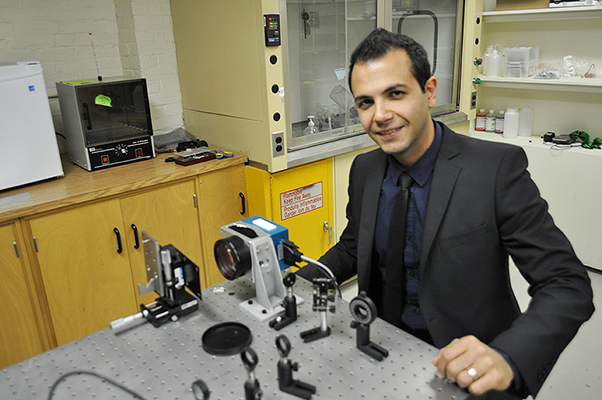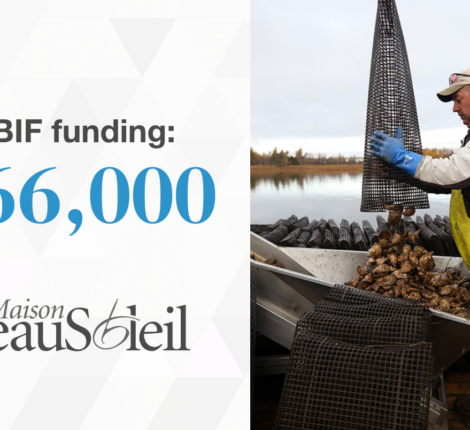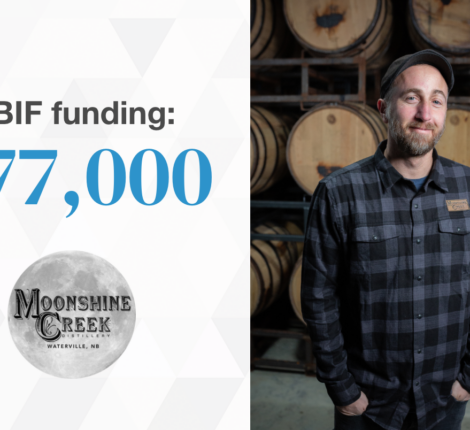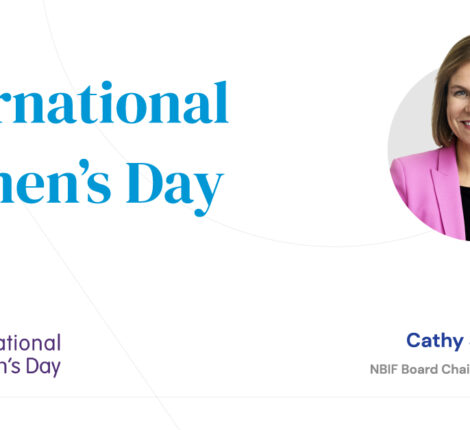- April 30, 2015
- Innovation Insights
- Comments : 0
NB Students Get Record $1.4M Funding To Work In Labs

The New Brunswick Innovation Foundation (NBIF) today announced $1.4 million to fund 111 graduate and 62 undergraduate student researchers at five post-secondary institutions across the province, the largest amount in its 12-year history.
Awarded in partnership with the New Brunswick Department of Post-Secondary Education, Training and Labour (PETL), the funds will be used to exceptional students to work part-time in the lab with their professor on research projects.
“It’s paramount that we continue to invest in people to accelerate innovation in our province,” says NBIF CEO Calvin Milbury, “that’s why we’re making this record investment, to provide the opportunity to more students than we’ve ever done before to gain hands-on experience in the lab and help our researchers commercialize their work.”
The value of each assistantship is $5,000 for undergraduates and $10,000 for graduate students. The competition for assistantship funding occurs on an annual basis with decisions made by a committee of representatives from NBIF, PETL, Academia and business leaders.
“Innovation fosters growth in New Brunswick, and it has a tremendous role to play in our efforts to create jobs and help families,” said Post-Secondary Education, Training and Labour Minister Francine Landry. “That is why our government has declared May 3-10 Innovation Week and why we are proud to support the New Brunswick Innovation Foundation in its efforts to assist researchers and their students.”
One project, led by Mechanical Engineering Professor Amirkianoosh Kiani at the University of New Brunswick will have three students working on new human implant materials. Dr. Kiani has developed a new surface for bone mending metals that encourage bone and soft tissue attachment and regeneration. The innovation will lead to less post-surgery rejections by the immune system and speed up healing and recovery.
“This is especially important for hip replacements in people of advanced age,” says Dr. Kiani, “implant rejection correction can be painfully long and costly, and the better we get at putting foreign objects in the body that it won’t reject, the more effective corrective surgery will become. After being in New Brunswick for just over a year, I’m grateful to NBIF for giving both the students and my project this great opportunity for success. It definitely speeds things up.”


